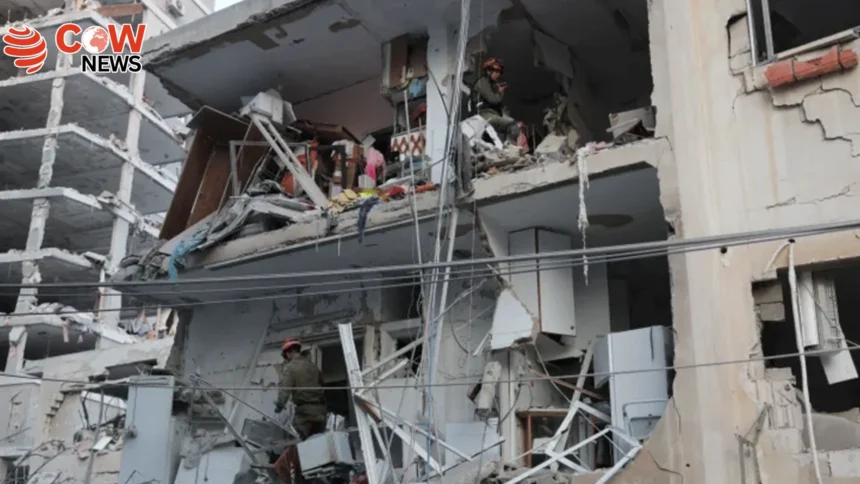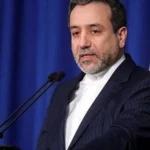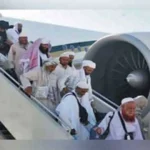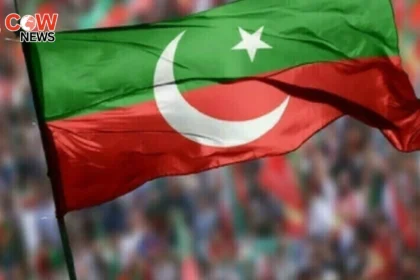Tel Aviv:(TheCOWNews Digital) –Iran launched a powerful retaliatory missile and drone assault on Israel late Saturday night, killing at least 13 people and injuring over 200, in what is being described as one of the largest direct attacks between the two countries in recent memory.
The offensive marks the latest and most severe escalation in the ongoing conflict between Tehran and Tel Aviv.
The multi-pronged attack, part of Iran’s Operation True Promise III, targeted major Israeli cities including Haifa, Tel Aviv, and Jerusalem, and came in response to Israeli airstrikes that earlier this week killed senior Iranian military commanders and nuclear scientists.
The coordinated attacks, initiated late Saturday night and continuing into Sunday, targeted key Israeli cities including Tel Aviv, Haifa, and Jerusalem. Iranian state television claimed that over 100 supersonic ballistic missiles were fired, causing widespread destruction and panic across Israeli urban centres.
The Iranian assault was reportedly carried out in retaliation to Israeli strikes earlier this week that killed several top Iranian military officials, including Major General Mohammad Bagheri, Brigadier General Amir Ali Hajizadeh, and General Gholam Ali Rashid. These high-ranking figures were killed during targeted Israeli airstrikes that also claimed civilian lives.
Heavy damage reported in Haifa, Tel Aviv
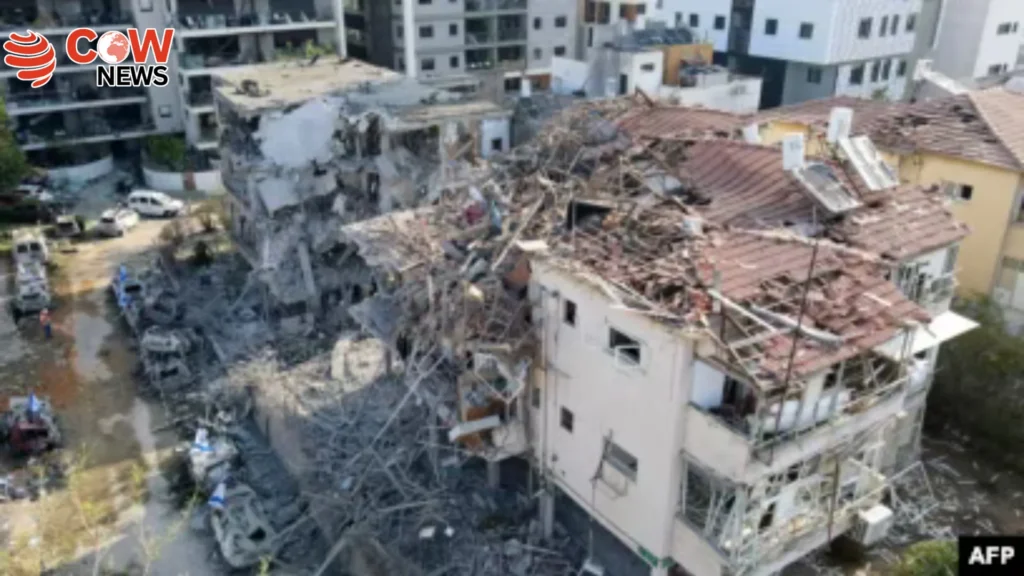
According to Iranian media, the strikes specifically targeted military and industrial infrastructure in the Israeli port city of Haifa. Footage aired on Iranian channels and shared on social media showed large fires engulfing parts of the Haifa oil refinery. The flames, visible from afar, sent plumes of black smoke into the night sky.
Israeli officials confirmed damage to critical infrastructure, including power grids and oil depots. Hebrew-language outlets reported that ammonia storage tanks in Haifa were also hit, raising fears of toxic chemical exposure in the surrounding areas.
Electricity outages were reported across several northern Israeli settlements, including Nazareth, Afula, and the Galilee region, after what Israeli media described as “precision strikes” on power distribution networks.
Panic in Israeli cities
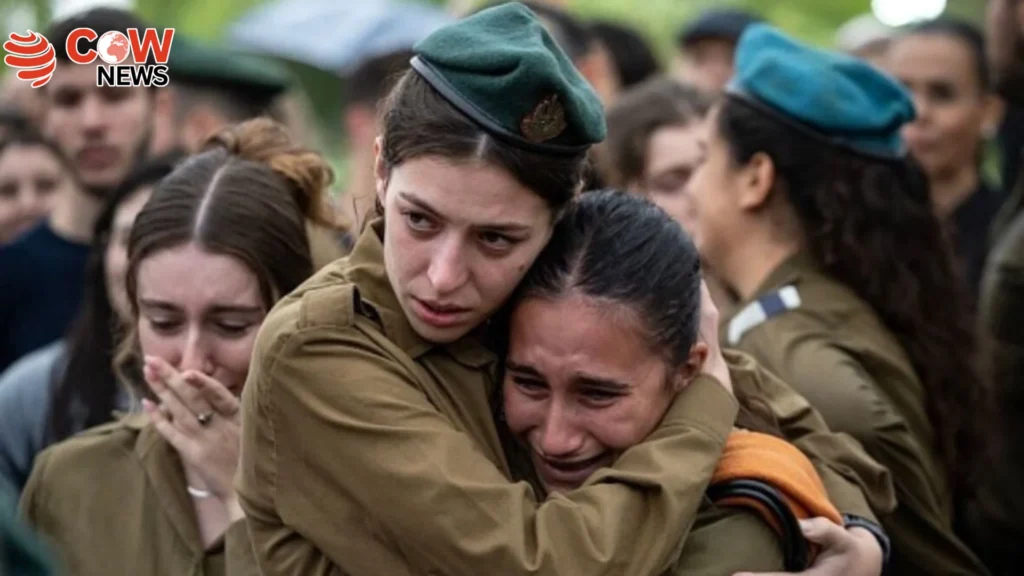
Sirens were heard across Tel Aviv and Jerusalem as the missiles rained down, forcing residents to seek shelter in bunkers. Israeli authorities confirmed that a multi-storey building in Tel Aviv was destroyed in the attack, further fuelling public anxiety.
In total, at least eight people were confirmed dead and more than 200 wounded, with 35 others reported missing. Israeli media also confirmed that three of the deceased were civilians, including one woman.
The Iron Dome missile defence system was activated but reportedly struggled to intercept the barrage of missiles, many of which were said to be supersonic and highly maneuverable.
Explosions in Tehran amid Israeli counterstrikes
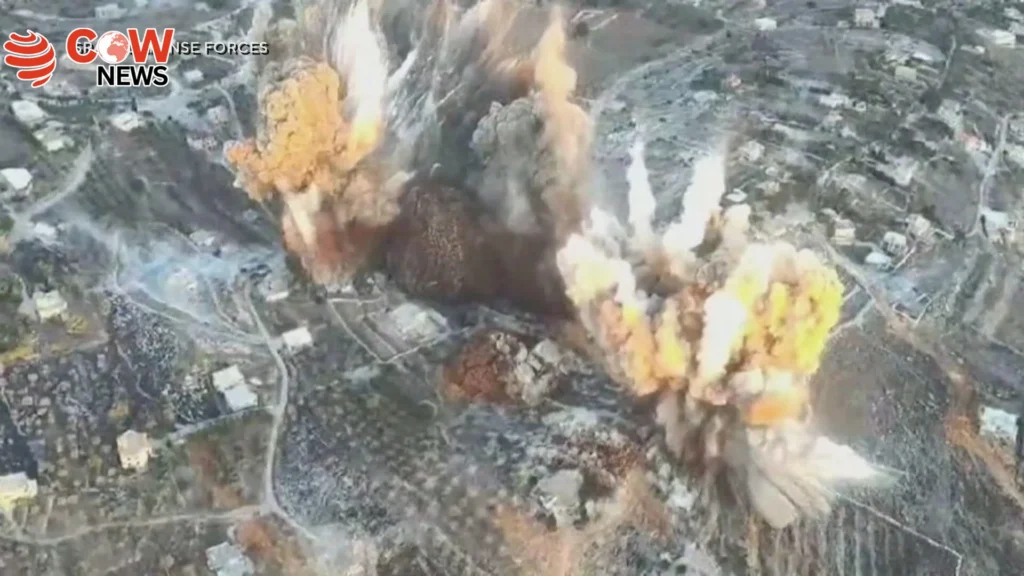
In a swift response, the Israeli Air Force launched retaliatory strikes on several locations in the Iranian capital Tehran. According to both Iranian and Israeli sources, the strikes targeted the Ministry of Defence and a military research institute in the Nobaniyed area.
A private Iranian news agency affiliated with the Islamic Revolutionary Guard Corps (IRGC) confirmed partial damage to the buildings but did not provide details on casualties. The Israeli military also claimed responsibility for killing the military chief of the Houthi militia, Mohammed Al-Ghammari, during a separate airstrike in Yemen.
Explosions were also reported in Tehran itself, with residents hearing multiple blasts during the night. However, the extent of the damage remained unclear as of filing this report.
Leadership under threat?
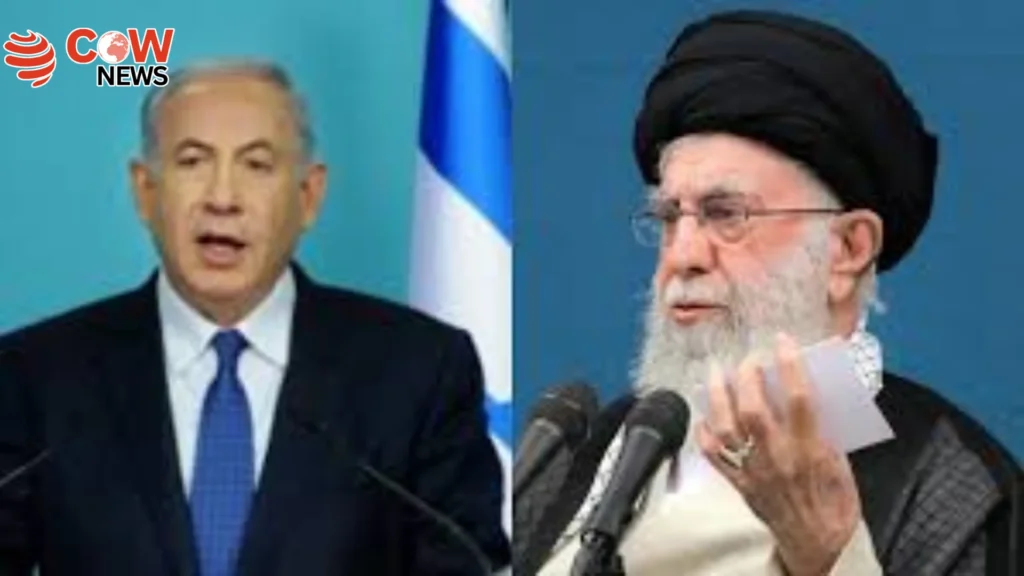
In a provocative statement, an Israeli military spokesperson hinted that Iran’s Supreme Leader Ayatollah Ali Khamenei could be a potential target. “We do not want to say that Ayatollah Khamenei is our target,” he said, “but no option is off the table.”
The remarks drew sharp criticism from Iranian authorities, who termed it a dangerous provocation. Senior Iranian officials have vowed to continue their retaliation if attacks on Iranian soil persist.
IRGC sources claimed that sophisticated missiles including Emad, Qadr, and Kheibar Shekan were used in the assault. These are among Iran’s most advanced missile systems, capable of evading radar and striking targets with high precision.
The escalation has drawn widespread international concern, with the United Nations urging both countries to de-escalate immediately. UN Secretary-General António Guterres, in a late-night statement, said he was “deeply alarmed” by the unfolding situation and called on both sides to “exercise maximum restraint.”
The United States, a close ally of Israel, reiterated its support for Israeli security but also warned against actions that could further destabilize the already fragile Middle East. “We are closely monitoring the situation and are in constant contact with our regional partners,” a U.S. State Department spokesperson said.

